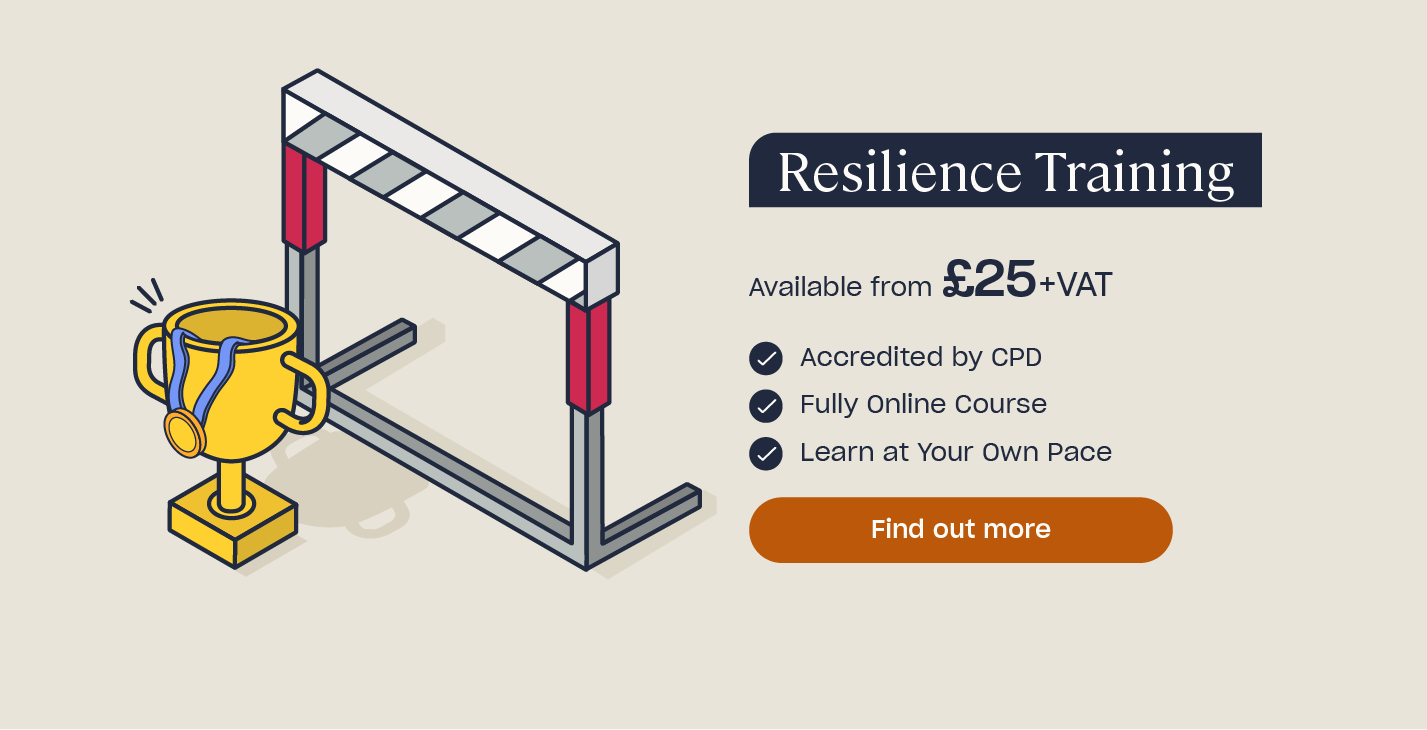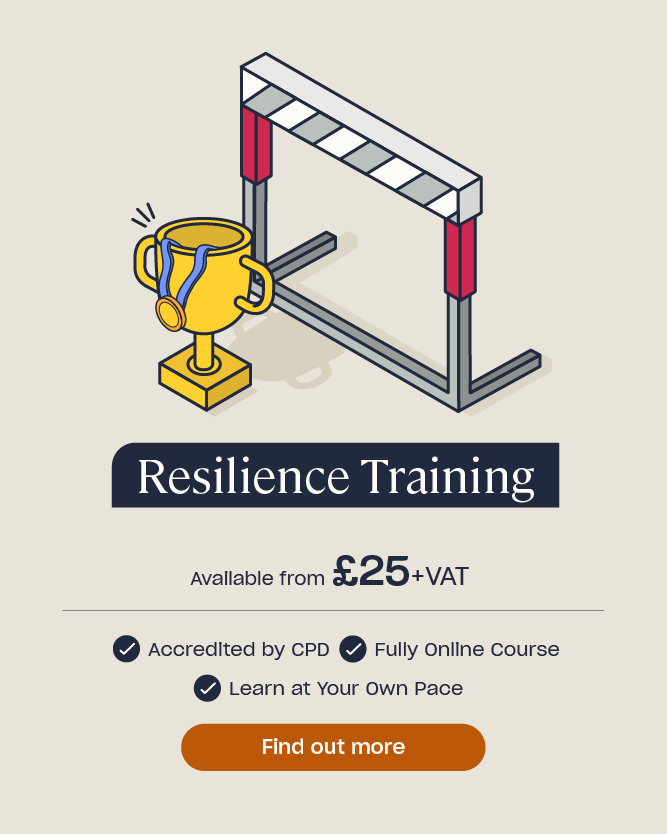Importance of Respect in the Workplace
Diversity is no longer constrained to physical attributes, like race, gender and religion. It also encompasses differences in work style, generational differences and personalities. Embracing workplace diversity is important, as it increases the talent pool and brings new ideas, perspectives and skills to your workforce. Put simply, greater diversity means greater business vibrancy, and you must ensure you stress the importance of respect in the workplace to reflect this.
People don’t always see eye-to-eye, and there are many things colleagues might disagree over at work. The correct order to carry out a project, the best way to solve a problem or a difference in work style could all be areas your employees often clash over. After all, everyone has a different perspective and outlook on how a project will progress. However, it’s important that your employees understand that, while discussion is important, you must be respectful, professional and pleasant while at work.

Importance of Mutual Respect in the Workplace
No one wants to feel like they are being disregarded. Whether you’re a manager, owner or employee, you want to feel like your ideas, feelings and presence are respected. Allowing your employees to display disrespectful or degrading behaviours will result in a poor workplace culture and is likely to increase employee turnover.
Encouraging mutual respect will help to:
- Reduce workplace stress, conflict and problems. An increase in workplace respect will help to improve communication between colleagues, increase teamwork and reduce stress as peace in the workplace soars.
- Increase productivity, knowledge and understanding. As mutual understanding and respect increase, the exchange of ideas will rise which will increase company knowledge and innovation. Reducing the amount of pettiness and workplace politics will also assist in increasing productivity. The goal will shift from one-upping a colleague to focusing on the company as a whole.
Additionally, your company will experience a more positive culture and you will notice an increase in employee satisfaction and a decrease in turnover. Respect in the workplace is vital, and it is not solely the responsibility of your employees.
You must lead by example, demonstrating acceptable behaviours and attitudes, and treating all your employees fairly.
Need a Course?
Want to learn more about your responsibilities for promoting equality and diversity in your workplace? Take a look at our Equality and Diversity training.
How to Demonstrate Respect in the Workplace
As we have seen, respect is a very important contributor to forming a positive work culture. There are many ways that you and your employees can demonstrate respect to colleagues.
All staff members should:
- Effectively manage their anger. Controlling anger is important when in a professional work environment. You and your employees need to learn to let the little things go. Urge employees to avoid getting fixated and annoyed with things out of their control. Instead, they should learn to understand their triggers; maybe there is a particular provoking colleague or situation that gets them worked up. If you notice an employee often getting angry at work, you should engage in a one-to-one meeting, where you can discuss anger management techniques that might be beneficial to them. Take a look at online anger management courses which can provide your employees with further techniques on controlling anger in the workplace.
- Always communicate in a polite manner. Rude and abrasive discourse between colleagues will likely harm the positive workplace culture that you are striving for. No one wants to come to work if their colleagues are going to degrade, belittle and insult them. As a result, you should strive to incite a polite and positive working atmosphere.
- Encourage and help each other. Improving their communication skills is step one. Once your employees learn to partake in respectful discourse, they will likely feel more confident and encouraged to share ideas and thoughts.
- Avoid judging their peers. Judging people is an easy way to destroy a positive workplace. It stops employees getting to know each other and can result in anger and aggravation. Encourage your employees to get to know each other instead and you start to develop a more peaceful atmosphere.
What to Read Next:
- Understanding the Different Types of Conflict: Guide for Managers
- Managing Conflict in the Workplace
- How to Promote Inclusive Communication in the Workplace
- Understanding the Different Types of Group Conflict: A Guide for Managers
- How to Promote Equality, Diversity and Inclusion in the Workplace
- Workplace Resilience Training








